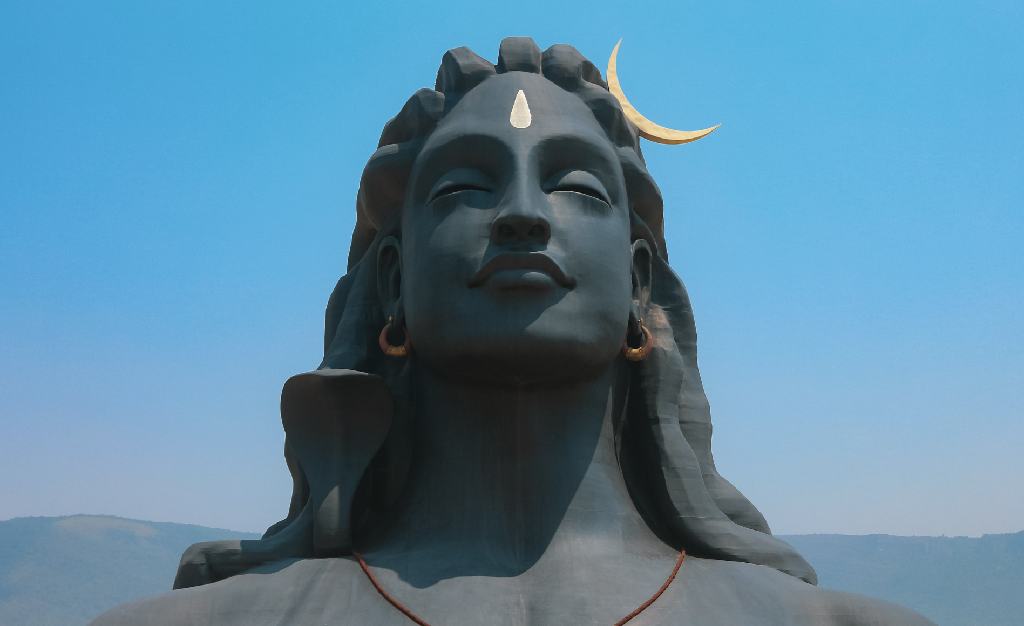Sawan 2024: The Sawan month, also known as Shravan, usually falls between July and August. Here’s all you need to know about the date, history, sawan somwar calendar and significance of the sawan month.

Sawan 2024: The Sawan month, also known as Shravan, is a significant month in the Hindu calendar. It usually falls between July and August and is considered auspicious for devotees of Lord Shiva. Sawan is named after the Sawan Nakshatra (constellation) that occurs during this period.
During the month of Sawan, devotees observe various rituals and fasts to seek blessings from Lord Shiva and Maa Parvati. Many people choose to abstain from consuming non-vegetarian food and alcohol during this time. Mondays, known as “Shravan Somvar,” hold special significance and are considered highly propitious for worshiping Lord Shiva.
Also Read:- Happy Guru Purnima 2024:- Best Wishes, Messages, Quotes, Greetings, Whatsapp and Facebook Status
Sawan 2024:- Date
This year, the Sawan month will begin from July 22, 2024 (Monday) and will continue till August 19, 2024 (Monday).
Sawan 2024:- Full Sawan Somwar Calendar
Somwars of the sawan month are considered the most auspicious days. People observe fast on every monday of sawan month. Here is the full list of Sawan 2024 Somwars:-
July 22, 2024 (Monday):- Beginning of Shravan month/First Sawan Somwar Fast
July 29, 2024 (Monday):- Second Sawan Somwar Fast
August 05, 2024 (Monday):- Third Sawan Somwar Fast
August 12, 2024 (Monday):- Fourth Sawan Somwar Fast
August 19, 2024 (Monday):- Shravan month ends/Fifth Sawan Somwar Fast
Sawan 2024:- History
The history of the Sawan month is rooted in ancient Hindu mythology and traditions. There are several stories and legends associated with this auspicious month. Here are a few notable ones:
The Churning of the Ocean (Samudra Manthan): According to Hindu mythology, the gods (Devas) and demons (Asuras) once decided to churn the cosmic ocean to obtain the elixir of immortality, known as Amrita. During this churning process, a pot of poison (Halahala) emerged from the ocean, threatening to destroy the world. Lord Shiva came to the rescue and drank the poison, but he held it in his throat instead of swallowing it. The poison turned his throat blue, giving him the name “Neelkantha.” This event is said to have happened during the month of Sawan.
Also Read:- Devshayani Ekadashi 2024:- Date, Time, Significance, Rituals and All You Need to Know
The Worship of Lord Shiva: Sawan is considered an ideal time to worship Lord Shiva. It is believed that Lord Shiva is easily pleased during this month and grants blessings and boons to his devotees. Many devotees fast on Mondays (Shravan Somvar) and offer special prayers, Rudrabhishekam, and abhishekam (sacred bathing) to Lord Shiva. They seek his divine grace and protection during this holy month.
The Legend of Goddess Parvati: It is said that during the month of Sawan, Goddess Parvati observed intense penance and austerity to please Lord Shiva and attain him as her husband. She immersed herself in deep meditation and rigorous rituals. Pleased with her devotion, Lord Shiva accepted her as his consort. The month of Sawan is thus considered sacred for married women who pray for the well-being and longevity of their husbands.
Kanwar Yatra: Kanwar Yatra is a significant pilgrimage associated with the month of Sawan. Devotees, known as Kanwariyas, undertake this journey to fetch holy water from the Ganges River or other sacred rivers. They carry the water in ornate pitchers, called Kanwars, and walk long distances to reach Shiva temples in their hometowns. This pilgrimage is seen as a display of devotion and a way to seek blessings from Lord Shiva.
Sawan 2024:- Significance
Devotees often visit Shiva temples and offer prayers, milk, water, flowers, and Bilva leaves to the Shiva Linga. Some devotees also perform Rudrabhishekam, a sacred bathing ritual of the Shiva Linga with milk, yogurt, honey, ghee, and water. They believe that observing these rituals with devotion can bring them closer to Lord Shiva and fulfill their desires.
In addition to the religious significance, the month of Sawan is associated with nature and monsoon season. The heavy rains during this time are believed to be symbolic of Lord Shiva’s tears of compassion for humanity. Many devotees undertake Kanwar Yatra, a pilgrimage where they carry water from sacred rivers to pour on the Shiva Linga in their local temples.
Overall, the month of Sawan holds immense cultural and religious importance for Hindus, particularly those who worship Lord Shiva. It is a time for prayer, fasting, and seeking spiritual growth while embracing the natural beauty of the monsoon season.
Also Read:- Happy Jagannath Rath Yatra 2024:- Best Wishes, Messages, Quotes, Greetings, Whatsapp and Facebook Status
